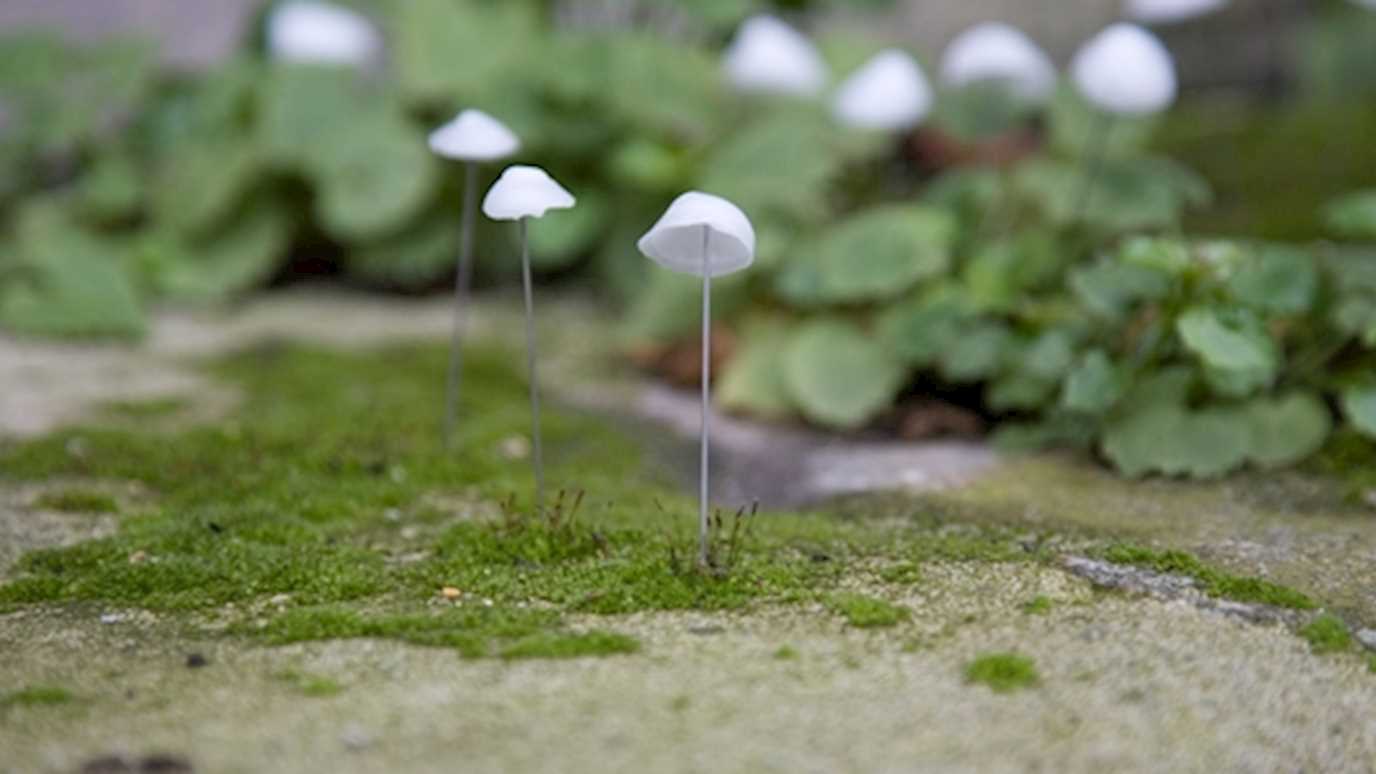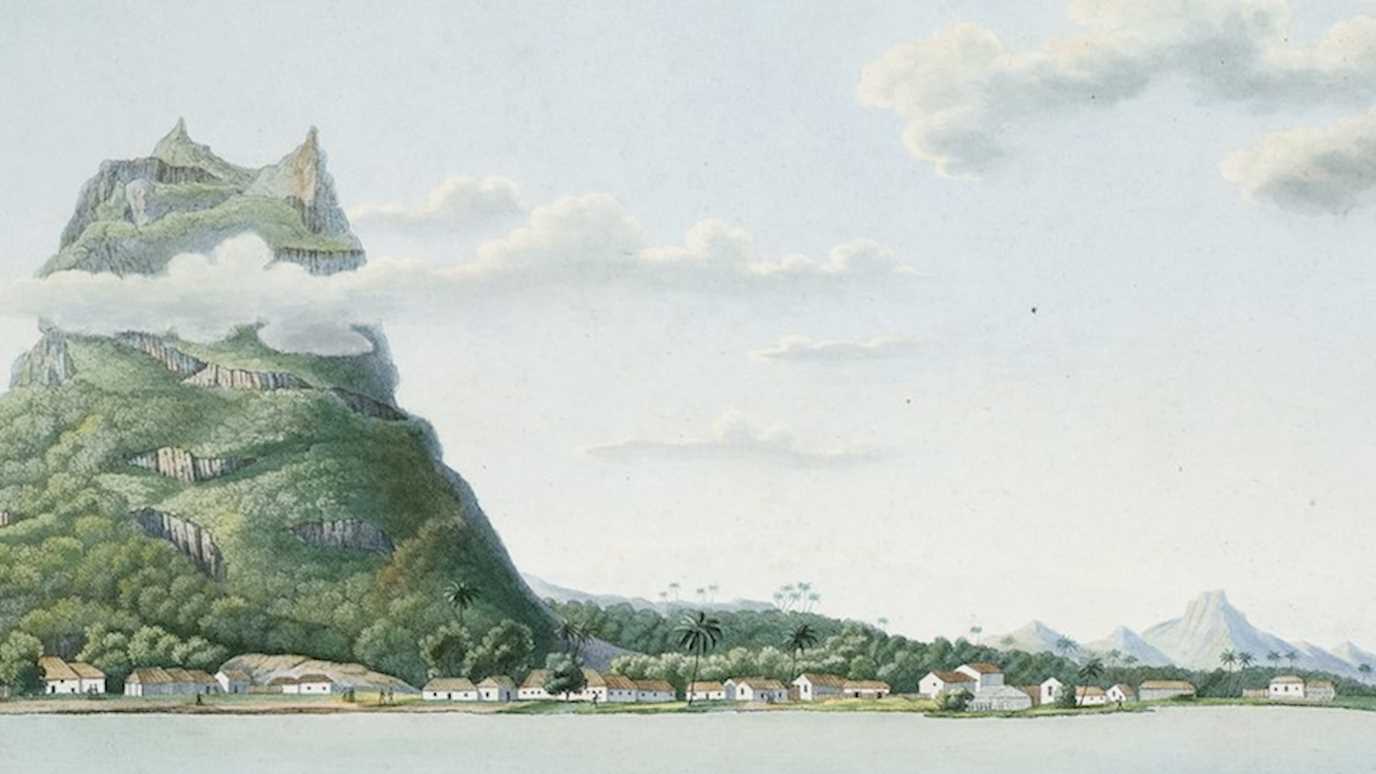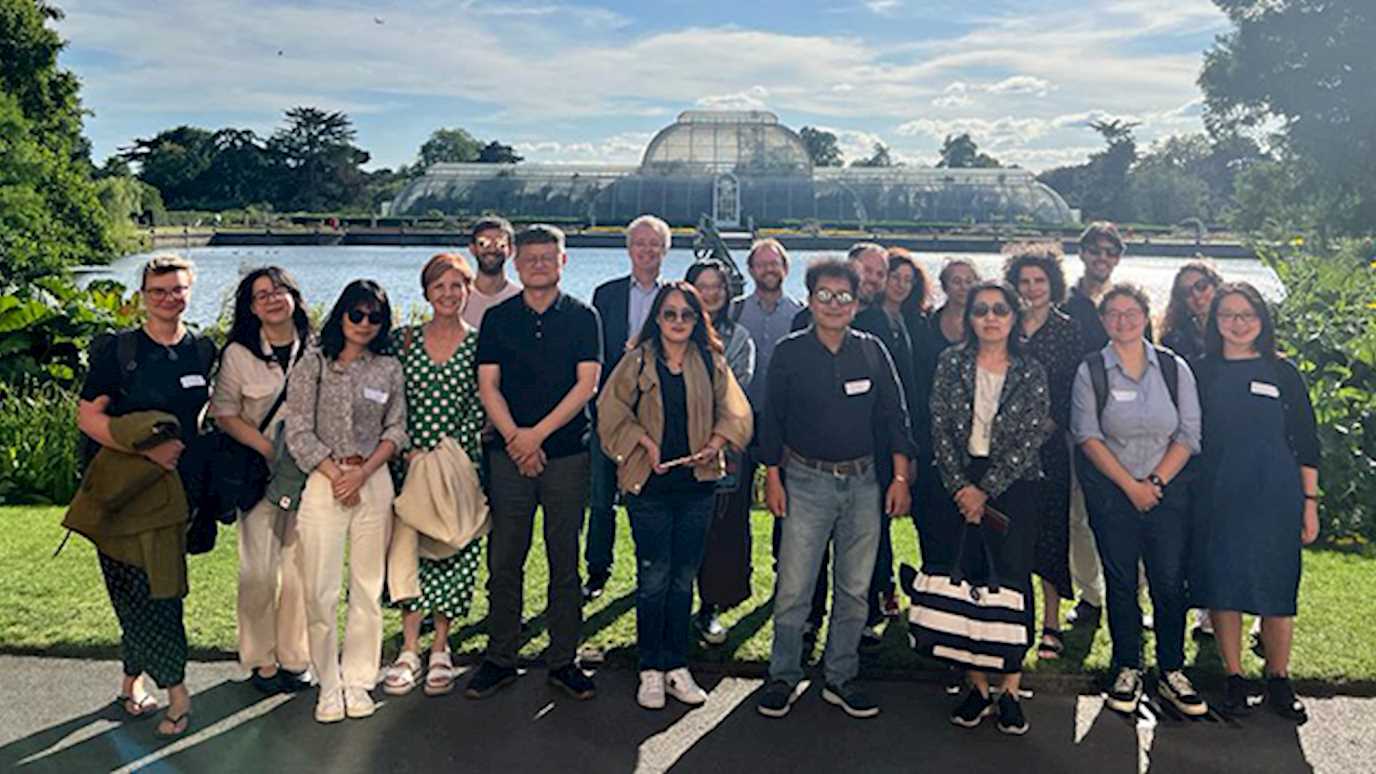CGH International Partners
Neuchatel Exchange Programme
As part of our partnership with the University of Neuchatel’s Institut de géographie, we run a PhD and academic staff exchange between our institutions funded through the Swiss - European Mobility Programme.
The main research fields of the Neuchatel Institute of Geography are:
- urban geography, in particular urban globalization and new forms of urbanization;
- geography of mobilities, in particular migration flows and policies, and the relationship between migration and the environment;
- political geography, in particular the imbrications of space, power and regulation in urban space and in the context of mobility. Specific research strands include drones, power and airspace, and space & power in the digital age.
Our past academic visitors to Neuchatel have included:
Professor Klaus Dodds (2018)
In November 2018, I had the pleasure of visiting University of Neuchâtel and specifically the Institut de Géographie. My host was Professor Francisco Klauser and the subject of our research discussion was subterranean geopolitics. Our discussions considered the role and place of the bunker in Swiss geopolitical culture. In the 1960s, Switzerland embarked on a building project that expanded greatly its civil defence underground shelters. Bunkers were often carefully disguised and covered over by houses and chalets. Swiss bunker expertise was in demand during the Cold War and there are some intriguing parallels with Swiss drone expertise in the more contemporary era (an area of expertise of Professor Klauser). During my visit, I presented a talk on this emerging area of sub-surface geopolitics to a seminar containing staff and research students and delivered two lectures to Professor Klauser’s large undergraduate class taking a course on political geography. Finally, on the basis of that visit I acted later as an external PhD examiner for Silvana Pedrozo’s PhD thesis entitled Drones et Sécurité Publique: Impacts et Enjeux Socio-Spatiaux in April 2020. It was a productive challenge to refresh my reading and comprehension ability in French. Dr Silvana will be joining the Department of Geography at Royal Holloway as a post-doctoral fellow in April 2022. Her fellowship is funded by the Swiss Research Council and we hope to resurrect plans that were shelved due to COVID for further volumetric discussions about geopolitics.
La Châteleine ‘bunker villa’ overlooking Neuchâtel Lake
Dr. Anna Jackman (2019)
In October 2019, Dr Anna Jackman (former Lecturer in Political Geography, RHUL) travelled to the Université de Neuchâtel, Switzerland, to undertake a research and teaching exchange with Professor Francisco Klauser. Professor Klauser’s research explores political, urban and surveillance geographies, and he has undertaken research projects on drones, power and airspace. Dr Jackman is a feminist political geographer interested in technological visibilities, volumes, relations and futures, and she has approached these interests through the lens of the drone. The research exchange enabled the pair to share research ideas. These discussions were incredibly valuable, with one even taking place on a scenic boat trip around the lake! Dr Jackman presented a research paper exploring ‘the future drone city’ to colleagues at Neuchâtel. Further, the exchange included an opportunity to offer teaching to undergraduate geographers, including contributing to Professor Klauser’s political geography module.
“It was a great experience and I’d really recommend it!”
Professor Tim Unwin (2021)
In October 2021, Tim Unwin, Emeritus Professor of Geography & Chairholder of the UNESCO Chair in ICT4D at RHUL and former Secretary General of the Commonwealth Telecommunications Organisation (CTO), visited the University of Neuchâtel’s Institut de Géographie. His interests in the exchange were particularly in exploring potential collaboration with Professor Etienne Piguet (mainly in the context of migration) and Professor Francisco Klauser (in the context of digital tech and the environment), as well as the chance to meet and interact with students. Professor Unwin contributed to the first-year undergraduate course ‘Introduction à la géographie humaine’ and to the MA ‘Public Geography’. He also offered a public lecture (in French) «Le vin c’est la géographie», as part of an evening of activities convened by l’Institut de Géographie and the Société Neuchâteloise de Géographie, and a brown bag lunch/seminar around topic of ‘Digital technologies and migration: Reducing inequalities or creating new ones?’. Through the exchange, Professor Unwin has been able to introduce colleagues in Neuchâtel to others in his networks across the world, including the Digital-Environment System Coalition and MIDEQ.
“It was fascinating to interact with people at all levels within the Institute in a relaxed and constructive atmosphere. The students struck me as being diverse, thoughtful, and very interested in their studies. Several were combining different degrees (especially with sociology). It was also good to have insights from colleagues at Neuchâtel into some of the research questions and challenges I am facing, especially in the context of our migration research, and in the positive uses of AI in agriculture in Switzerland”.
Neuchatel looking toward the Alps (photo: Tim Unwin)
























